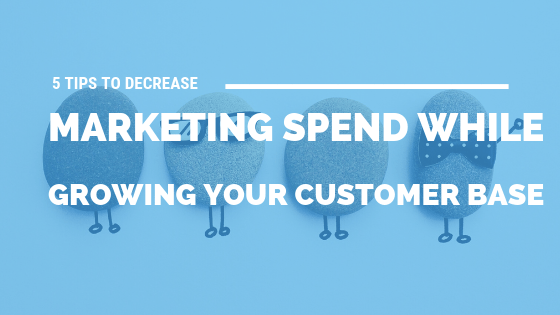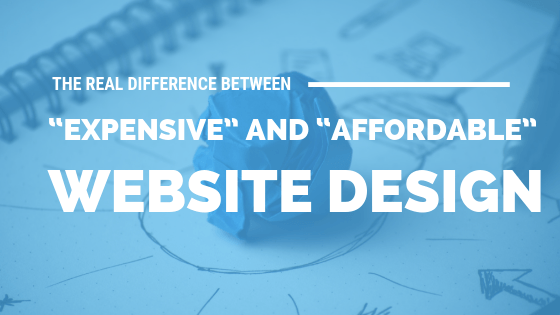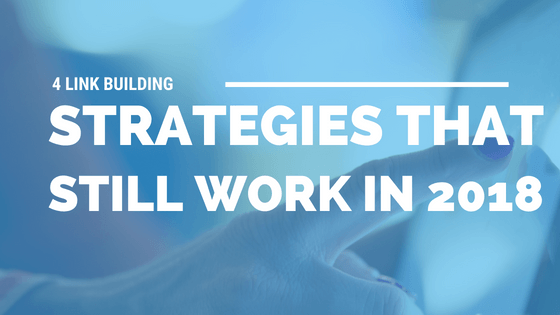How UX (User Experience) Impacts Your Search Engine Rankings
The business of the Internet is split up into several
discrete fields of study and enterprise that are actually inextricable from
each other. Designers, marketers, and SEO experts consider themselves separate
entities, but the truth is that a decision made in one part of the web team
will affect every other aspect as well. An instructive example is the relationship between user experience, or
UX, and search engine optimization, or SEO. UX has an undeniable impact on
search engine rankings, making it an indispensable consideration for people
concerned with SEO.
Defining Our Terms
UX is the interior experience that users undergo as they use a website or other product. You can design for UX, but not design the actual experience since it occurs within the users’ mind. Meanwhile, SEO is the methodology of improving a site’s position on SERPs (search engine results pages) to attract more traffic to a site, through the use of tested tactics that game the search engine’s algorithms in order to improve the site’s ranking. But what does one have to do with the other?
Google Is Paying Attention to Your Landing Page
SEO typically centers on placing content that attracts Google’s attention for certain relevant keywords and building links that establish the site as authoritative, an important ranking factor for Google. But Google is also keeping an eye on your UX. They’ve been open about “landing page experience” being a factor in ranking ads for their AdWords service, and that’s almost certainly true for their ranking methods for full websites as well. If you put too much effort into hosting tons of links and search engine-bait keywords on your landing page, you may drastically and negatively affect user experience. A landing page with too much of these things will deliver a poor experience, and thus, in your efforts to secure a higher ranking, you might just play yourself.
Good UX Earns More Organic Sharing and Engagement
SEO experts are often math-minded people, meaning they’re looking for quantifiable things they can do to boost their ranking. But the intangibles involved with UX are responsible for organic sharing, which greatly affects SEO. If you can improve users’ experiences on your site, you can make it more likely that they’ll share it with their friends and social media followers. Not only does this generate backlinks, improving rankings, it increases referral traffic from the sites that people are sharing on. Make your site a joy to use and people won’t hesitate to recommend it publicly.
Designing Content-Rich Pages That Users Enjoy Leads to Higher Rankings
Google lets us play guesswork about what factors affect search engine rankings the most and the least. But the few details they do let slip have let us know how much of a priority UX is for the search engine. Their goal, after all, is to deliver quality results for the keywords their users search for. They’ve told us they use algorithms that measure page and site quality, and we can infer that pages that are “thin” or lack content get buried on SERPs.
Google Makes Note of How Users Respond to Your Site
In addition to mechanically assessing how worthy of being ranked your site is by the factors we’ve already addressed, Google also lets its users do some of the work of sorting through web pages to find the best ones. They measure bounce rate (the number of users who click away from your site after seeing only one page) as well as dwell time (the length that users spend on your site). And while they haven’t been explicit about it, it’s likely they’re incorporating this information into their ranking algorithms. This is just one more reason UX needs to be a priority if you want your site to be truly optimized for search engines. Put in the work on UX and you’ll see SEO improve as well!






















